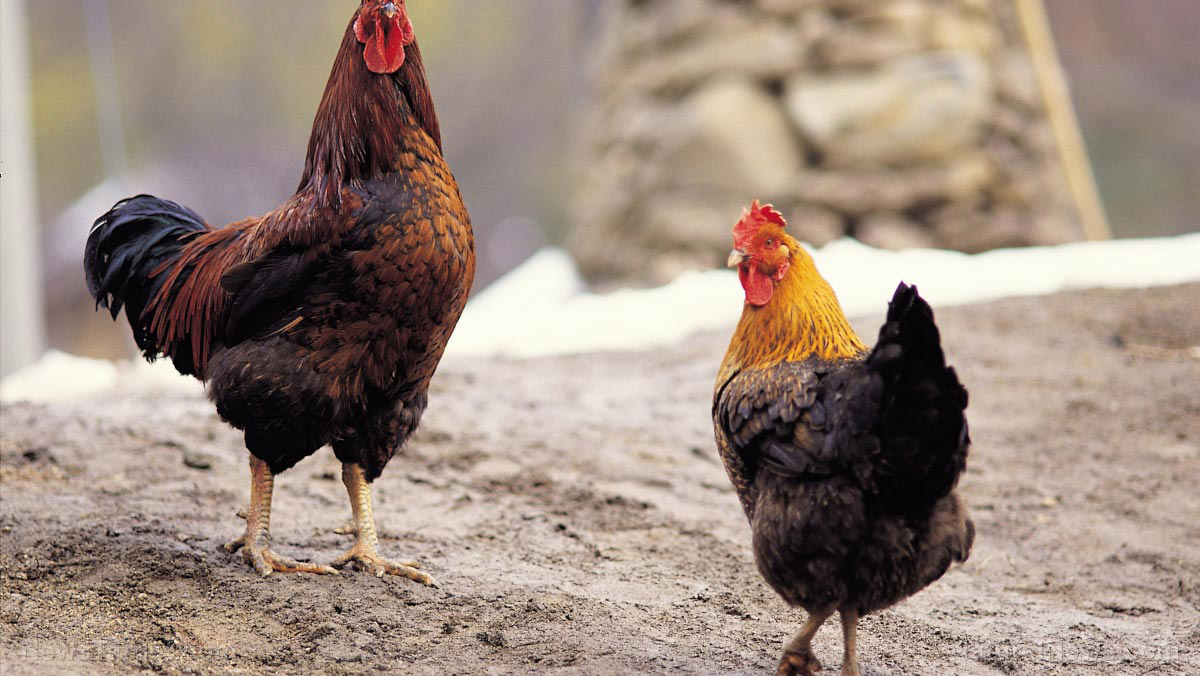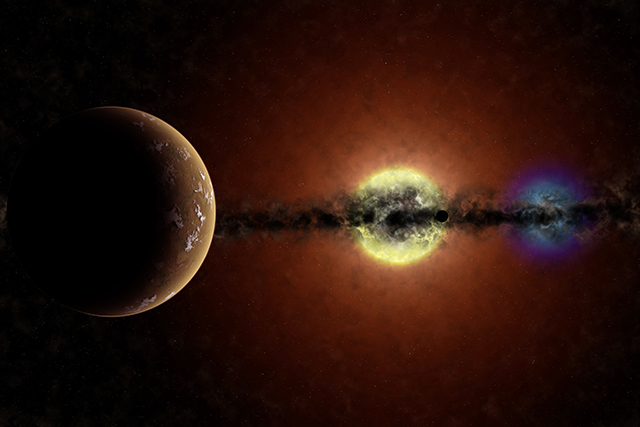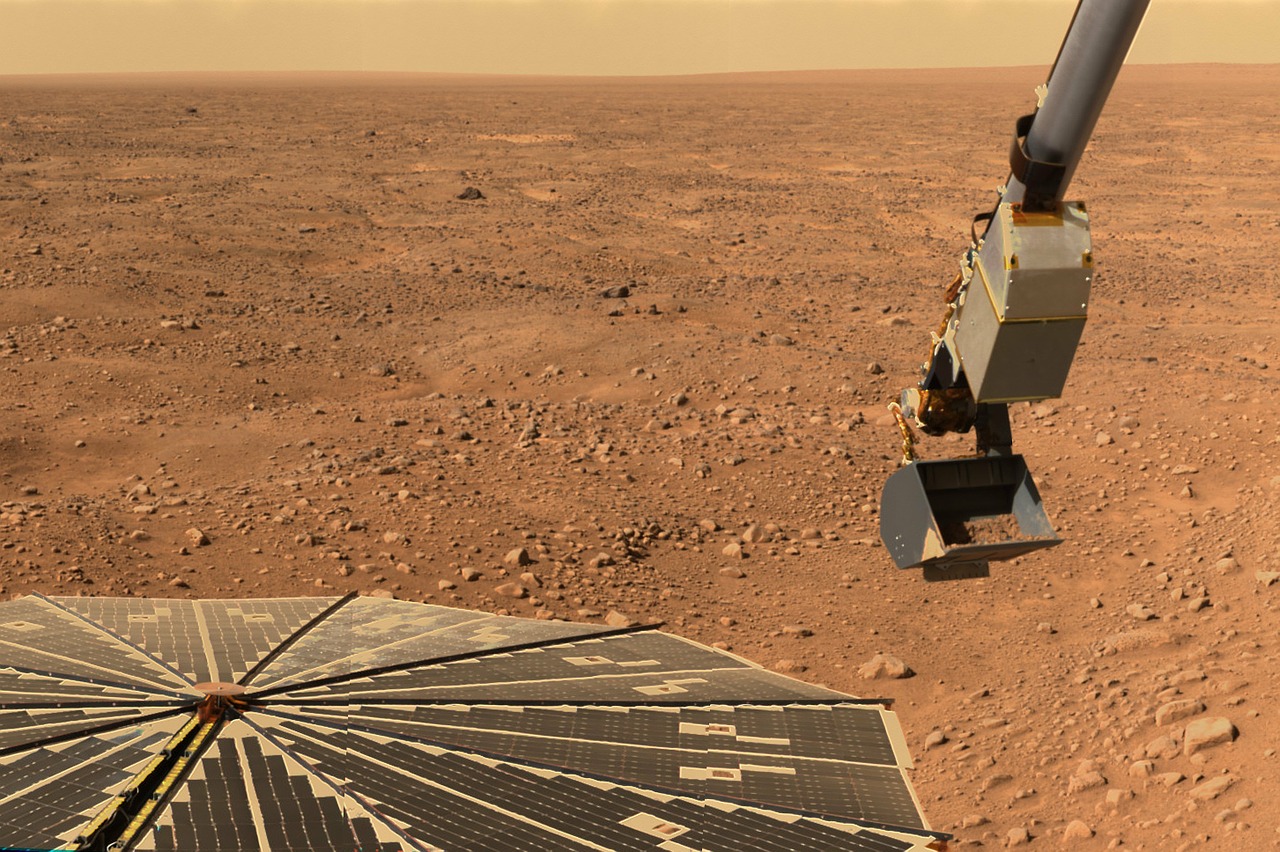
Exoplanets, celestial bodies that orbit a star other than the sun, are found everywhere in the cosmos. Some of them are located in the orbital region around a star, called the liquid water habitable zone, where planets could have stable atmospheres to support liquid water.
The researchers surveyed around 4,500 such exoplanets that are registered in the Kepler Object of Interest Exoplanet Archive, choosing those that passed their criteria for habitability. Though none of the exoplanets that made the cut checked all the boxes, many of them met either one or more of the essential requirements, reported the researchers in the journal Astrobiology. These include being slightly older, larger, wetter and warmer than Earth – conditions that are more suitable for harboring life.
24 Exoplanets meet criteria for habitability
The team began with identifying ideal criteria for habitability. First, a planet must be a little older than Earth as it took around four billion years for complex life to develop on the planet.
These exoplanets should orbit a K-dwarf star, which is cooler, less massive and less luminous than the sun and other G-type stars. The researchers argued that stars like the sun are actually not ideal for supporting life due to their relatively short life span.
“[Many] similar stars to our sun, called G-type stars, might run out of fuel before complex life can develop,” wrote the team. On the other hand, a K-dwarf star could last for 20 to 70 billion years.
They noted, however, that a planet should not be so old as to have exhausted its geothermal heat and lost its protective geomagnetic field. Earth is around 4.5 billion years old, so an exemplary exoplanet is between five billion to eight billion years old.
Size and mass also matter. A planet that’s 10 percent bigger and has 1.5 times the mass of Earth should have more habitable land and retain its interior heat longer. In addition, it could have a stronger gravity which can hold an atmosphere over a longer period of time.
Water is essential to life so having more of it, particularly in the form of moisture, clouds and humidity, would boost a planet’s chances of harboring life. Combined with average temperatures about eight degrees warmer than those on Earth, moisture could mean greater biodiversity as seen in the tropical rain forests on the planet.
While none of the 24 candidates met all the criteria for habitability, one of them appeared to possess four of these critical characteristics. According to the researchers, it could be possible this exoplanet is better at hosting life than Earth. (Related: Nearby "super-Earth" exoplanet could support life, suggest scientists.)
Challenges and biases in search for alien life
Studying the exoplanets poses challenges as all two dozen of them are 100 or so light-years away from Earth, said lead author Dirk Schulze-Makuch, a geobiologist at Washington State University and the Technical University of Berlin. Planetary research is often limited by available space technologies, something that’s compounded by the fact that exoplanets are obscured by the massive stars they’re orbiting.
But Schulze-Makuch is optimistic that scientists in the near future would be able to study them more closely with the space telescopes in development, such as the National Aeronautics and Space Administration’s LUVOIR space observatory and James Webb Space Telescope. He also urged experts to look beyond Earth-like planets to avoid a geocentric bias.
“[We] have to be careful to not get stuck looking for a second Earth because there could be planets that might be more suitable for life than ours,” he said. “It is good to have adaptable life, but that doesn’t mean that we have the best of everything.”
Read more articles exploring potentially habitable exoplanets at Cosmic.news.
Sources include:
Please contact us for more information.























